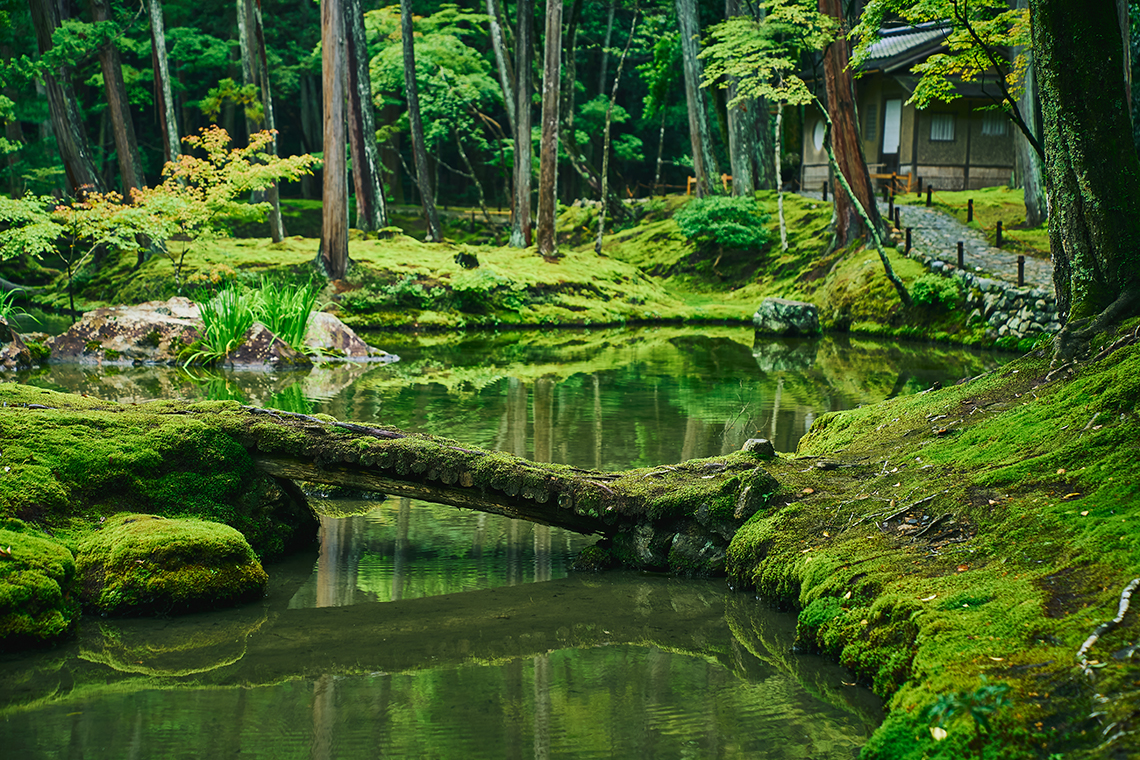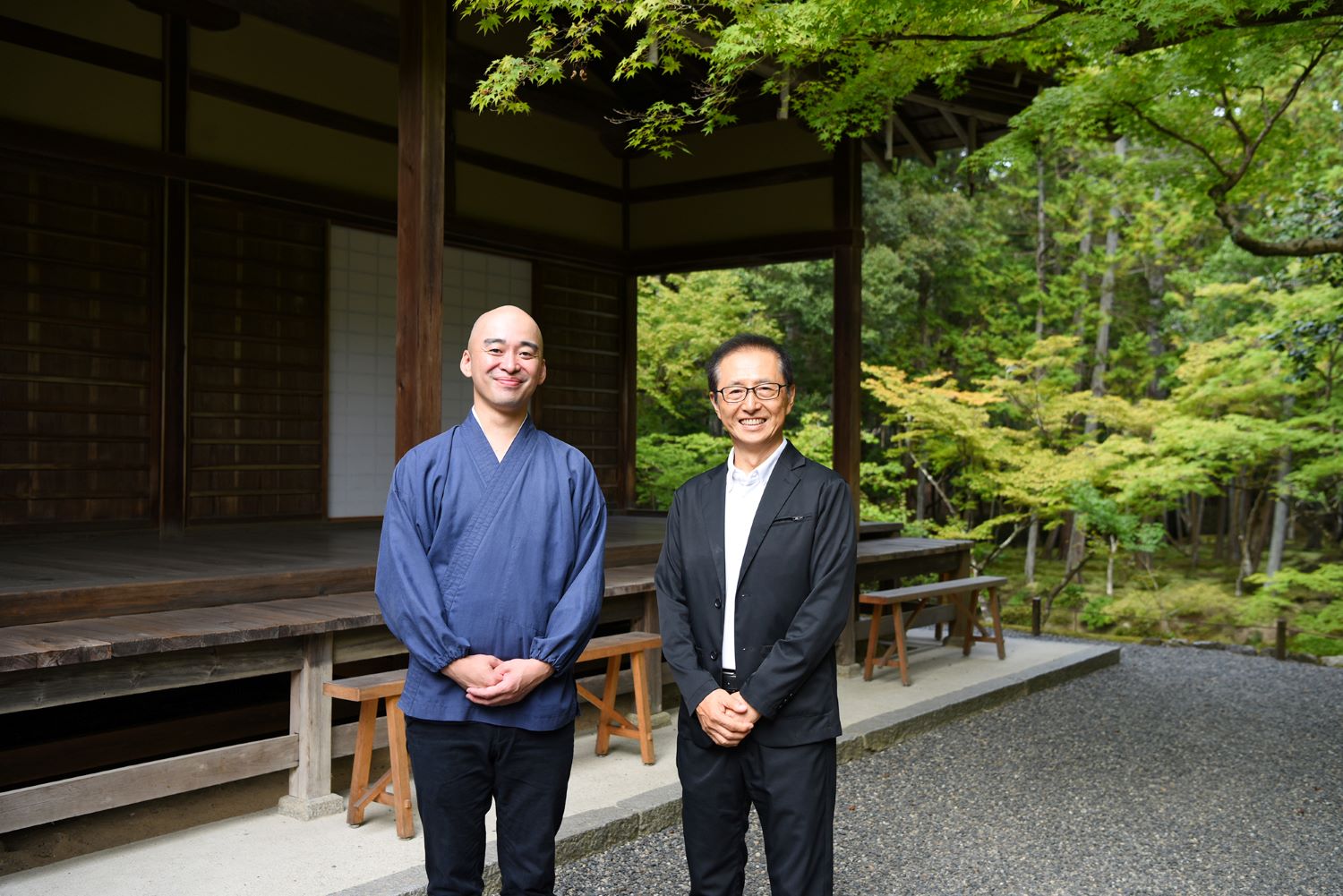2024.9.28
Zen Words for Everyday Life Vol. 4
“Tairo kinpu”
The Zen phrase 体露金風 (Tairo kinpu) can be traced to the following exchange in the Zen text Hekiganroku (The Blue Cliff Record).
A monk came to Zen Master Unmon* and said, “In late fall, when the cold, wintry winds begin to blow and the leaves fall from the trees, how do you feel?”
“Tairo kinpu,” he replied.
This can be translated as:
In season of mists
experiencing fully
the Golden Winds.
The monk was essentially asking Unmon how he felt about his advancing old age and approaching death. He had posed an ironic and challenging question about age-related decline to his master. And yet, the Zen master’s reply was simply “Tairo kinpu (lit. Golden Winds).” Golden Winds signifies the invigorating breezes of autumn. It calls to mind the state of enlightenment in the way one might feel as if one is dissolving into the pleasant swirls of air. I felt that this was the perfect Zen expression to talk about as we enter fall.
It was this way of understanding suffering that led me down the path of Buddhism. My grandfather passed away when I was still a small child, and when we were at the crematorium, my grandmother said to me, “We’re going to get grandpa all cleaned up.” When I saw his bones and ashes a few hours later, I could not accept what had happened. The thought that death would come for me one day made me so anxious that I was unable to sleep at night. I began reading books about death and asking people about it, but they only looked at me with strained expressions and gave me unclear, wishy-washy answers. “Well, it seems that...” they would say. “It might be like this,” and “Maybe it’s like that.” I remember feeling quite frustrated, but after a year of normal, everyday life, these important questions left me, receding deep into my memories.
More than 20 years passed, and I was a regular, working adult. One day, I happened to be reading a Buddhist text and came across a passage that changed my life. “Do not worry about death, for death comes equally to us all. Worrying about it changes nothing. Instead, live this moment to the fullest.” I will never forget the shock I felt when I read these words. It was as if the Zen Master Unmon himself had spoken to me, saying “Death, too, is a cool fall breeze (Tairo kinpu).”
He had dismissed not only old age and death, but the Four Sufferings and all of the worst things in life as “Golden Winds.” It is an inspiring statement that shows a total affirmation of life and a full acceptance of the present moment. It encapsulates the true beauty of Zen.
Fall is the season of falling leaves. They say that maple leaves turn red so that the trees can squeeze out every last bit of life from them. When fall arrives, the trees prepare to shed their leaves. They do so because it becomes more difficult for the trees to maintain their leaves when the sunlight grows weaker and they receive less energy from day to day. Before the leaves begin to fall, the trees try to take in as much as possible of the nutrients remaining in the leaves. This is what turns them red or yellow. It is with these stored up nutrients that the trees not only survive the winter, but also produce the new leaves that will come out the following spring. The way in which these fall leaves live life to the fullest, right up until the moment they fall, is also “Tairo kinpu.”
In life, things happen that you have no control over. Some of these are negative, while others are positive. When they happen, we should set aside personal feelings and live to the fullest in each moment.
For Muso Kokushi, the Zen master who created the garden at Saihoji, nature offered a means of Buddhist training. When you are out enjoying the fall foliage this year, I hope you will reflect on this Zen phrase, and rather than just admiring the maple leaves for their beauty, you can ask yourself whether you are truly living in the present moment. You might find that a different world opens up before you.Saihoji FUJITA Ryuko
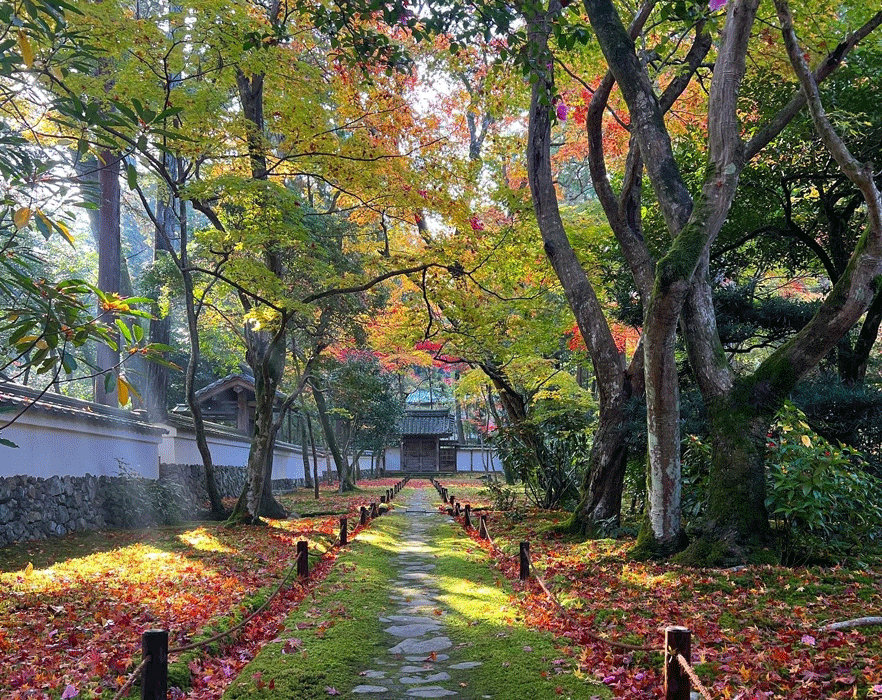
Up next
Most read
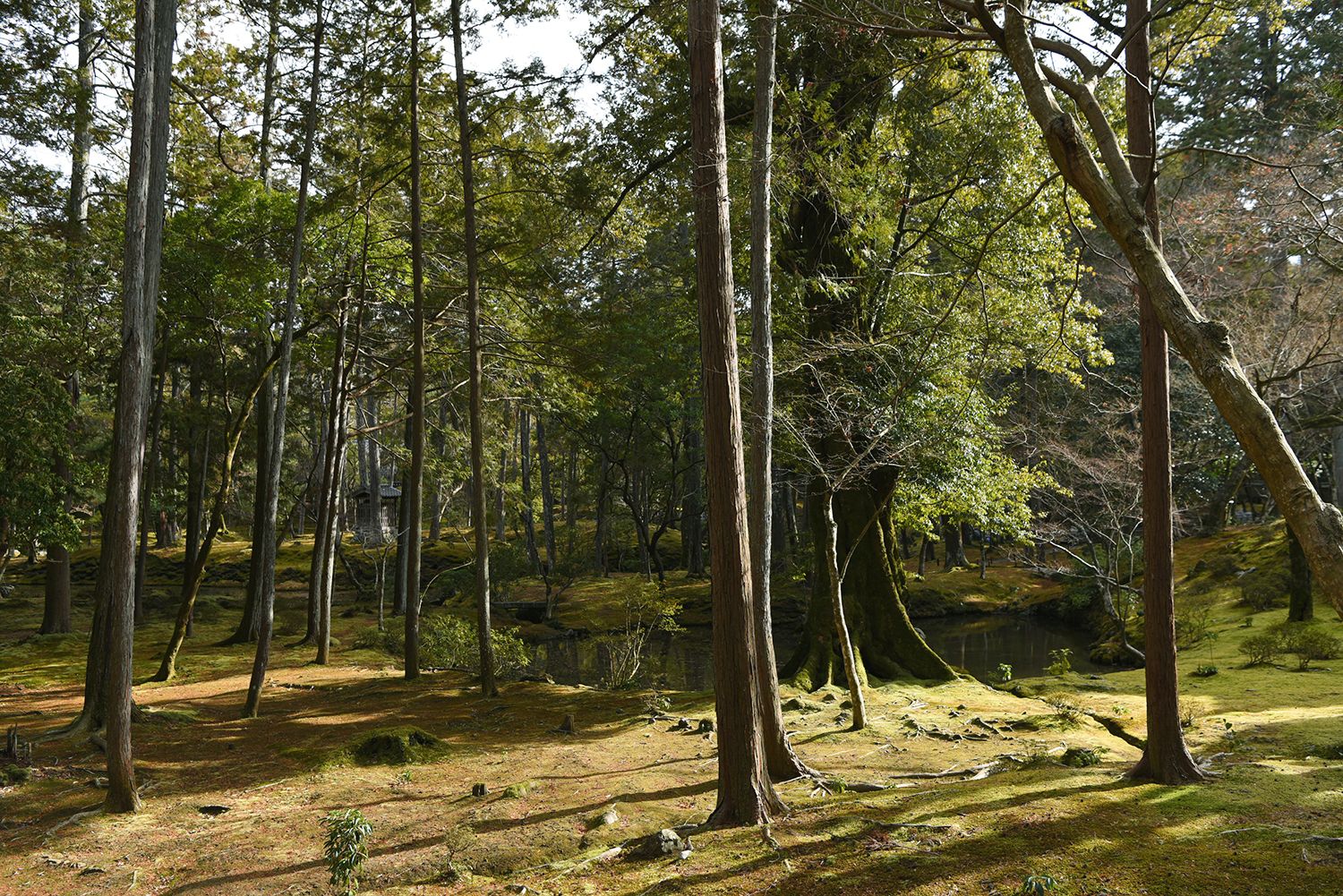
Your Heart
"Life and Death"
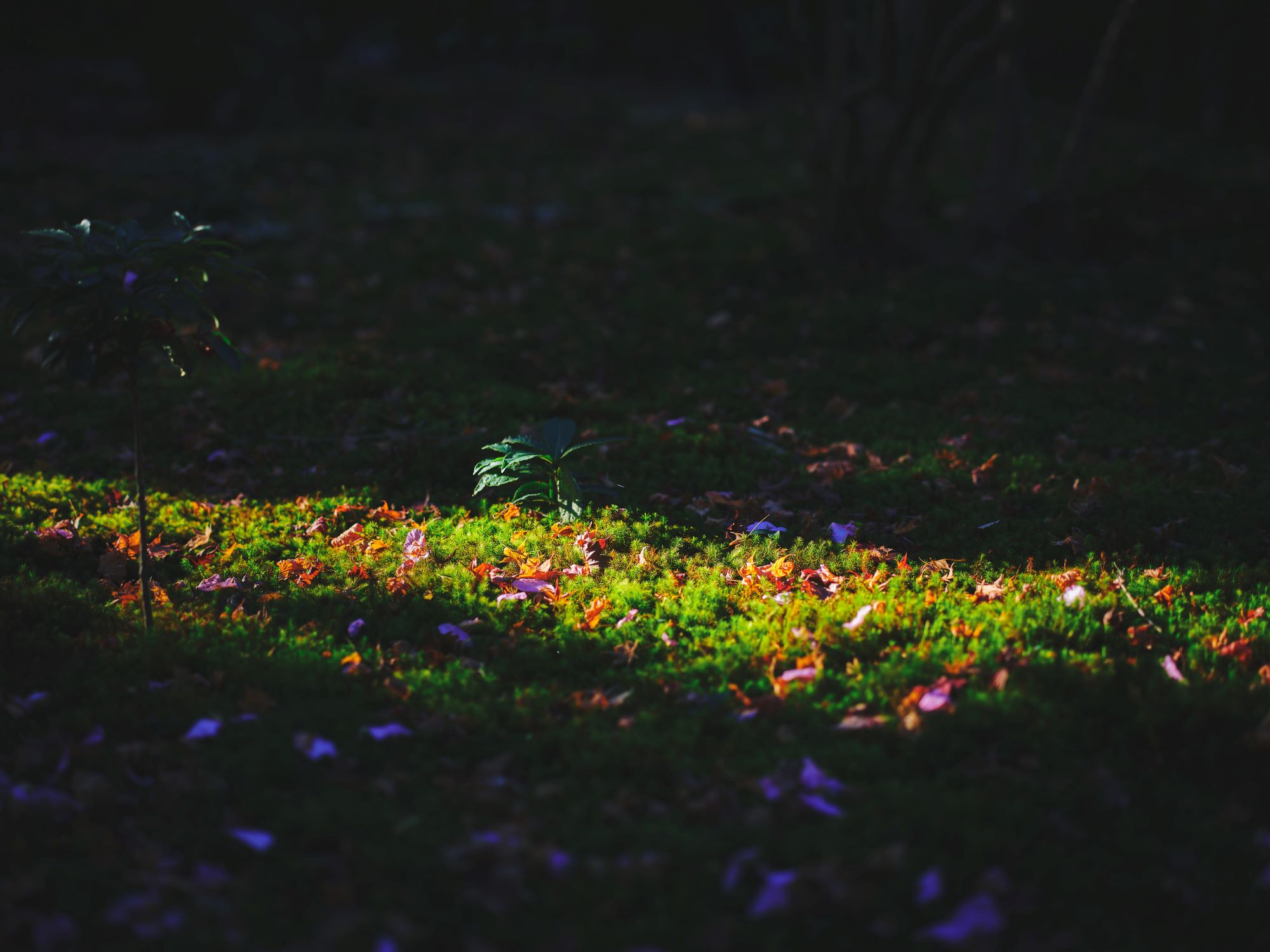
Your Heart
"Life and Death"



